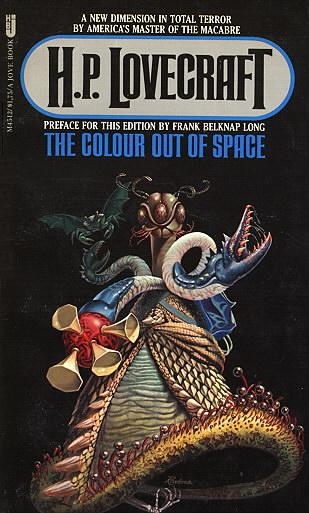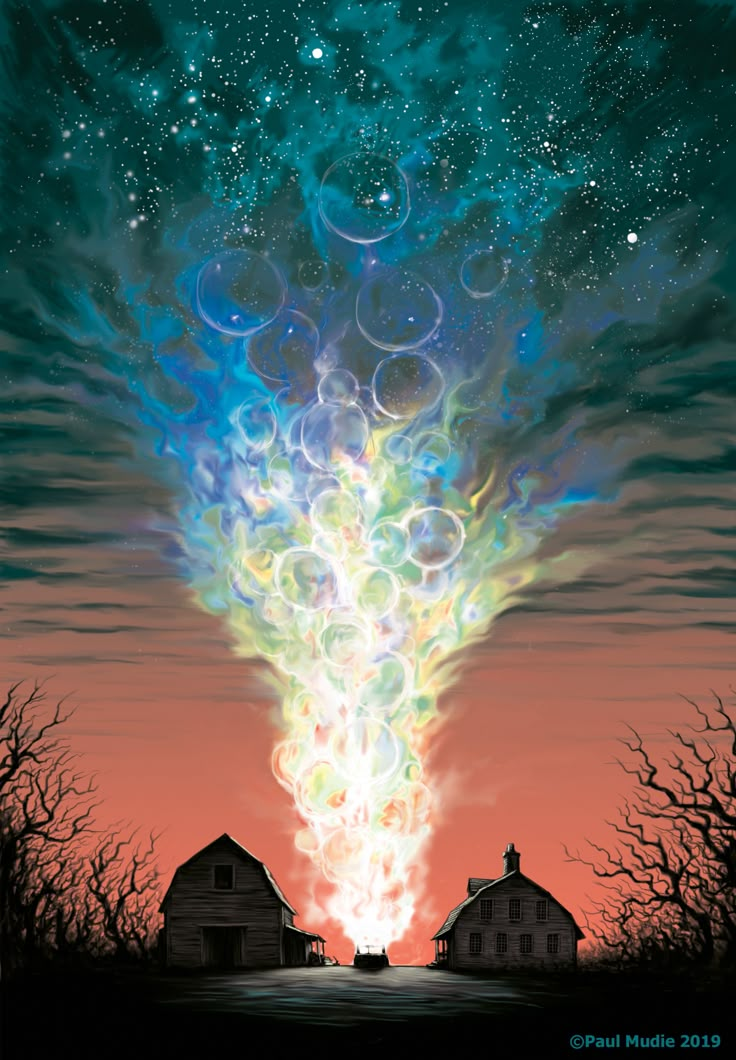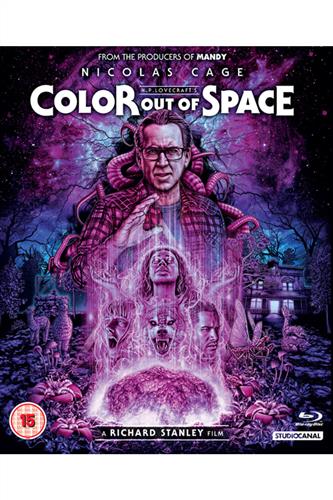

A great many Lovecraftian concepts have come into the domain of real science in the 21 st century: a good example being Lovecraft talks about say non-Euclidean alien geometry and I recall at school when I used this term “non-Euclidean” in an essay the teacher put a big red ring around it and said, “There’s no such thing.” Marked me down for it. So, I guess it’s pretty much infected the way that I view my life ever since. By the time I was 12-13 I had a pretty good knowledge of the Cthulhu mythos. Lovecraft was her favorite author, so she started reading me his stories from the time I was about 7 or 8 which I think broadened by perspective. Richard Stanley: I was indoctrinated to Lovecraft’s universe at a very early age by my mother, and H.P. What does that Lovecraftian metaphysical mean to you? Lovecraft was obviously obsessed with this sense of an intangible cosmic expressiveness and based on your own work such as Hardware it’s clear you share a certain sense unpredictable, sometimes beautiful strangeness that evokes something similar.

I wanted to begin with your relationship to that inexplicable. The Film Stage: One thing I’ve always loved about this particular Lovecraft story is the focus on not just the unknowable but the intangible–the things happening all around us all the time that our outside typical spectrum of visibility, that we can’t even begin to perceive or comprehend. Stanley has remained true to that vision and we sat down with him to discuss UFOs, John Carpenter’s The Thing, cancer, and witchcraft. As the narrator near the end of Lovecraft’s story remarks: “What it was, only God knows.” A movie that loses its own mind and feels as paranoid, cruel, ludicrous and radiation-poisoned as its characters. Starring Nicolas Cage as the head of the Gardner family whose property is infected by a meteor that begins to mutate the biology and psychology of everything it touches, Stanley’s film weaponizes the actor’s meta-comedic persona, psychedelic imagery and grotesque body horror to craft a film that is on an irregular and grotesque wavelength of its own making.

Lovecraft’s personal favorite of his own stories, Color Out of Space.

After directing two of the most genuinely idiosyncratic genre movies of the 1990s: Hardware and Dust Devil-the former is a frenzied cyberpunk dystopia splatter film that exists at the exact intersection of Mad Max and The Terminator, the latter an African spaghetti western with hints of mystic horror-South African genre filmmakers Richard Stanley makes his cinematic return thirty years later with his adaptation of H.P.


 0 kommentar(er)
0 kommentar(er)
